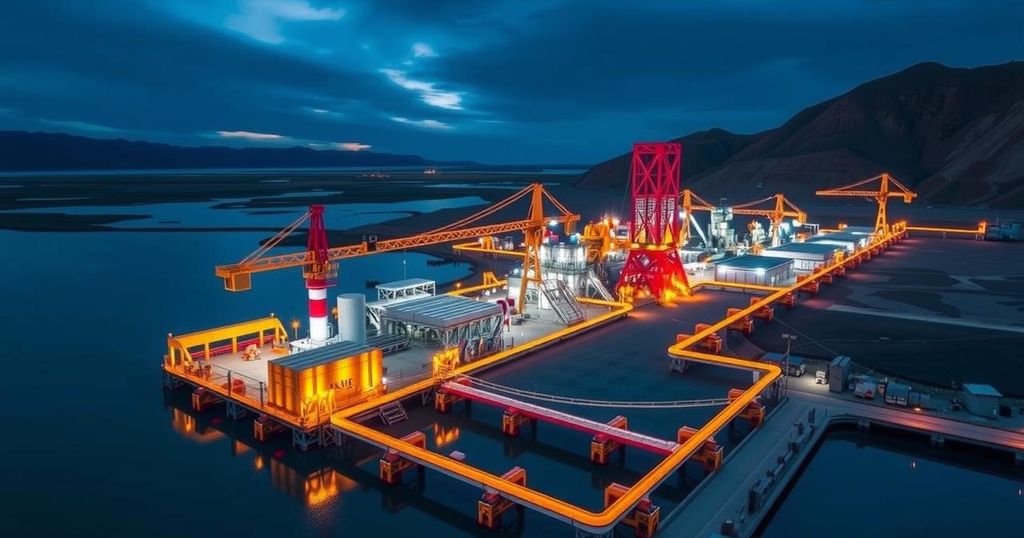Cars
ANHUI, ARCE, ASIA, AUTOMOTIVE INDUSTRY, BOLIVIA, BOLIVIA LITHIUM DEPOSITS, CBC, CHINA, CUBA, ENERGY, EUROPE, EUROPE/ASIA, EXPORT, FRANCE, HUAIBEI, LA PAZ, LIT, LONDON, LUIS ARCE, MEXICO, MINING, NORTH AMERICA, PARIS, RUSSIA, SOLAR POWER, SOUTH AMERICA, UNITED KINGDOM, URANIUM ONE GROUP, UYUNI, YLB
Amira Khan
0 Comments
Bolivia Signs $1 Billion Lithium Production Deal with China
Bolivia has signed a $1 billion deal with China’s CBC to construct two lithium carbonate plants in Uyuni. With an annual capacity of 10,000 tons for one plant and 25,000 tons for the other, this deal is part of Bolivia’s initiative to leverage its extensive lithium reserves to become a key player in the global battery market.
On November 27, 2024, Bolivia announced a significant $1 billion agreement with China’s CBC, a subsidiary of CATL, the largest lithium battery producer globally, to establish two lithium carbonate production facilities in the Uyuni salt flats. The first plant is expected to have an annual capacity of 10,000 tons, while the second will produce 25,000 tons. This venture is pivotal for Bolivia, which claims to possess the largest lithium reserves in the world, positioning the nation as a crucial player in the global lithium market, especially for electric vehicle and mobile phone battery production.
Lithium has garnered the nickname “white gold” due to its essential role in batteries, particularly as the global automotive industry shifts towards electric vehicles amidst rising demand for clean energy technologies. Bolivia’s Uyuni salt flats are believed to harbord substantial lithium deposits, making this region critical for future energy developments. The agreement with China builds upon a previous deal with Russia for lithium extraction, highlighting Bolivia’s strategic focus on tapping into its natural resources to foster economic growth and influence in global markets.
The recent $1 billion lithium production deal with China marks a pivotal moment for Bolivia’s economic landscape, as it seeks to harness its vast lithium reserves. With this agreement and prior arrangements, Bolivia aims to enhance its role in the international lithium market, potentially impacting pricing structures. As negotiations for further contracts with other international stakeholders continue, Bolivia’s commitment to developing its lithium industry is indicative of its broader strategy to capitalize on its natural resources.
Original Source: jordantimes.com




Post Comment